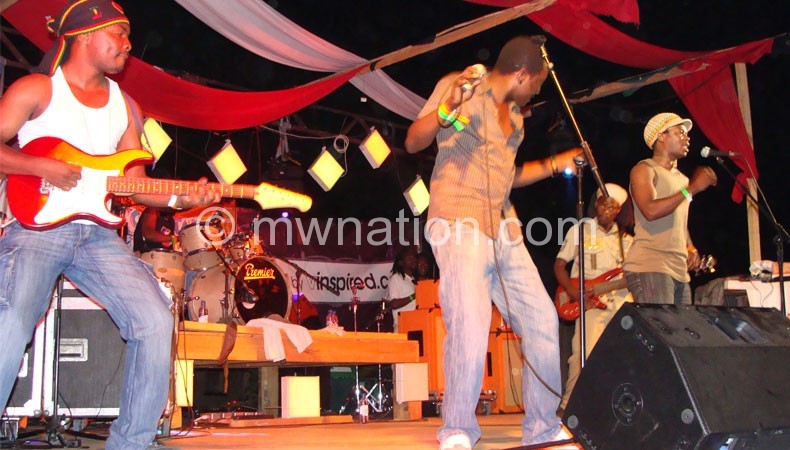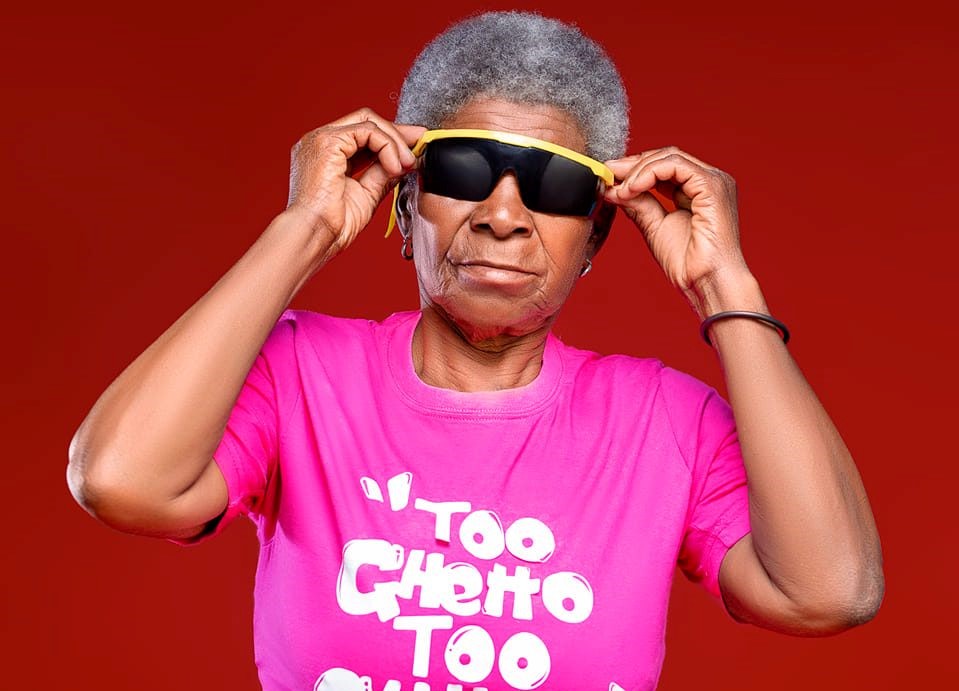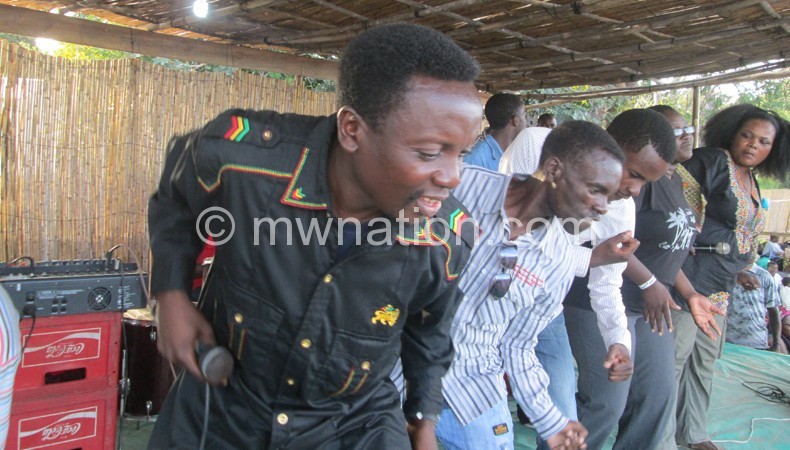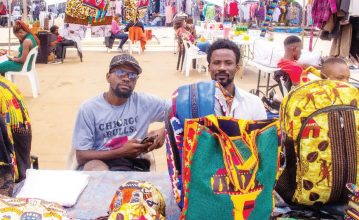Whose recognition do they get?

There has been a trend where Malawian musicians have crossed the borders to perform in South Africa, Ireland, United Kingdom and United States.
Local artists have boldly told the whole world through newspapers and the electronic media, claiming their performance in such countries will earn them international recognition while others have described them as international shows.
However, most of these artists end up performing largely to Malawians in the diaspora. You can speak Chichewa and most of the audience would be able to respond—it is not different from a Malawian show. If it is in the UK, the difference would be a presence of a few white people in the audience, most of whom are also friends of some Malawians.
But should these shows grant one bragging rights that they have broken the international platform?
Black Missionaries poster boy Anjiru Fumulani says artists who perform at such shows can claim to have broken the international market claiming that patronage to suchshows include Zimbabweans, Zambians and other African nationals.
“We had a show in Cape Town where 80 percent of the audience was non-Malawian. There were even white people,” argues Anjiru.
He says the shows are pushing Malawian music further with the performing band’s reputation spreading through word-of-mouth.
“This has also been a great year where we have performed in other countries more than the previous years,” he says.
Anjiru argues that people who arrange such shows are mostly foreigners, citing a show that was organised by a Congolese and sponsored by Mukuru in Cape Town.
In separate interviews, Piksy and Maskal who have also frequented the US, UK Ireland and South Africa differ from Black Missionaries ace on whether the shows have anything close to an international stage.
“Most of our patrons are Malawians, there are only a few other African nationals who come in company of other Malawians. They sing along to our music and performing there feels like you are home. The Lake of Stars and sand Music Festivals are more of international stages than the shows we perform abroad,” says Maskal.
Piksy said when an artist is going abroad he goes with the expectation of experiencing a different audience only to find out that it is no different from home.
“The problem is that the organisers only invite us without including any artist from South Africa or any other country and that means our shows attract Malawians living there. Even the names of the shows range from Malawi Night, Malawi Party, Malawi … they are limited to attract Malawians,” said Piksy.
He suggests organisers of the shows should include artists from the host countries to help sell Malawian artists.
Both Piksy and Maskal fault organisers of the ‘international shows’, claiming that they seem to be focusing on a Malawian audience.
“Like the other time I performed in Cape Town, I found out that the same stage was graced by Oskido and it was organised by the same organisers. If they invited Oskido so that we share stage with him, we could have tapped in new markets,” said Piksy.
Born Afrikan, who has also organised shows at his club in South Africa, inviting artists such as Maskal, Piksy and Black Missionaries says most shows that involve Malawian artists are patronised by more Malawians than any other nationality.
“Already the venues that are set for these performances are restrictive for patrons from other countries,” he says.
He adds that there are other organisers who exclusively market the shows to Malawians which limit the patronage of the shows.
“I once witnessed a show that had Macheso from Zimbabwe and the Black Missionaries share stage which had patrons from Zimbabwe as well as Malawi,” said Born African.
He says that the challenge to promote Malawian music in the diaspora result from poor quality of most Malawian productions.
“Not disrespecting anyone but the quality of most Malawian music is not up to standards. You listen to a musician sing on stage and you are impressed only to be disappointed when you listen to his CD,” he laments.
He hails Lawi and Blasto as some of a few artists that have ensured quality productions.





